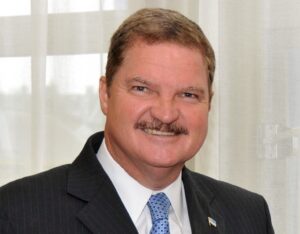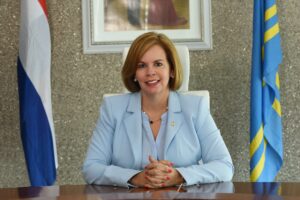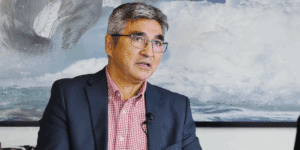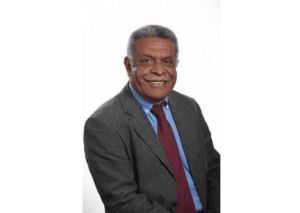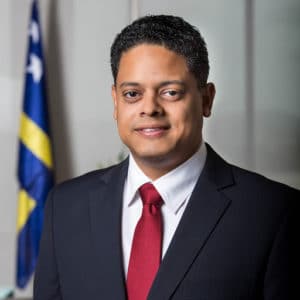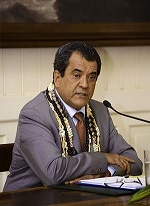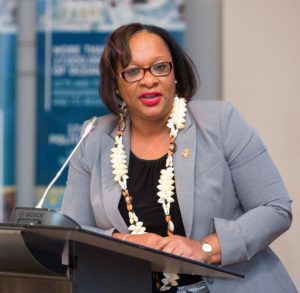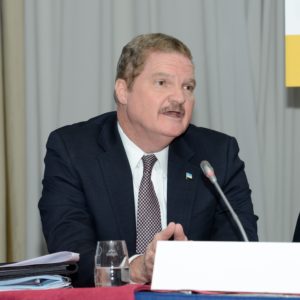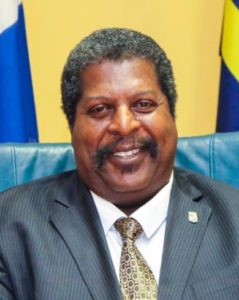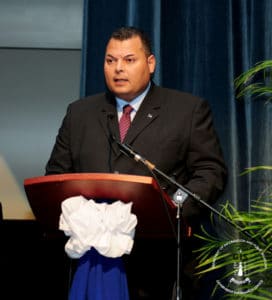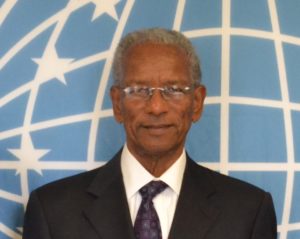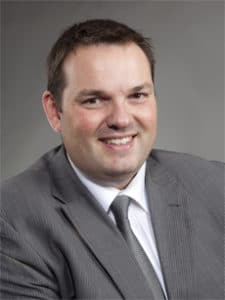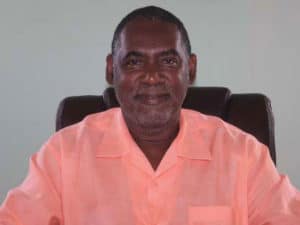Who we are
The Association of the Overseas Countries and Territories of the European Union (OCTA) was registered in Belgium as a non-profit association (ASBL) in March 2003 by the governments of the Overseas Countries and Territories (OCTs).
Up to 2020, 22 out of the 25 OCTs were members of OCTA, i.e. all the permanently inhabited territories (21) as well as the French Southern Antarctic Lands (TAAF). As a consequence of the withdrawal of the UK from the European Union, from 1 February 2020, the 12 UK Overseas Territories are no longer Overseas Countries and Territories associated to the European Union, bringing the number of OCTA members to 13.
The 13 members are: Aruba, Bonaire, Curaçao, French Polynesia, French Southern and Antarctic lands (TAAF), Greenland, New-Caledonia, Saba, Saint-Barthelemy, Sint-Eustatius, Saint-Pierre-and-Miquelon, Sint-Maarten and Wallis and Futuna.
The Ministerial Conference is the highest decision-making authority and consists of the representatives (Heads of Government or delegates) of each member government. It appoints a rotating Chair who is the head of the organisation and elects an Executive Committee (ExCo) whose task is to manage the activities of the association. A Secretariat based in Brussels implements the activities and runs the Traineeship Programme.
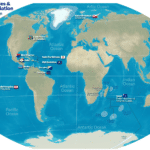
What we do
Vision statement : To contribute to a more equitable world in which the interests of OCTs are duly considered and integrated into the agenda of the international community.
Mission statement : To work collectively in close collaboration with the European Union and the Member States for the sustainable development and resilience of OCTs through the promotion of cooperation, capacity building, communication, and partnerships, and by leveraging the diverse geographical locations and cultural richness of the overseas territories.
Ministerial Conference
The Ministerial Conference is the highest decision-making body of OCTA and consists of the representatives of each member government. The representatives at the Ministerial Conference are the heads of government or designated members of the national governments of the OCTs along with their delegations.
It meets annually and sets the political orientations and priorities of the association. Therefore, it sets the policies, approves budgets and decisions requiring its approval and elects the OCTA Chair as well as the members and President of the Executive Committee. The Ministerial Conference is granted all the prerogatives necessary to achieve the objectives of the Association.
Past Ministerial Conferences:
- 2024: Brussels | Political Declaration
- 2022: New Caledonia | Political Declaration
- 2020: Brussels | Article | Political Declaration
- 2019: French Polynesia | Article | Political Declaration
- 2018: Brussels | Article | Political Declaration
- 2017: Aruba | Political Declaration
- 2016: Brussels | Political Declaration
- 2015: British Virgin Islands | Political Declaration
- 2013: Brussels | Political Declaration
- 2012: Greenland | Political Declaration
- 2011: Brussels | Political Declaration
- 2010: New-Caledonia | Political Declaration
- 2009: Brussels | Political Declaration
- 2008: Cayman Islands | Political Declaration
- 2007: Brussels | Political Declaration
- 2006: Greenland | Political Declaration
- 2005: Brussels | Political Declaration
- 2004: French Polynesia | Political Declaration
- 2003: Brussels
- 2002: Bonaire
- 2001: Brussels
Past Extraordinary Ministerial Conferences (held online or in Brussels):

Chair
The Chair is elected by the Ministerial Conference and is the head of the organisation until the next Ministerial Conference.
The current Chair is Aruba, elected during the Ministerial Conference held in Brussels, Belgium on the 28th of February 2024.
More information here.
Past Chairs
of OCTA
Executive Committee
The Executive Committee provides the Secretariat for the Ministerial Conference, to translate political priorities into actions, and manages the daily work of the association. The Executive Committee, which is composed of elected Members, meets 10 to 12 times a year, usually in Brussels and/or virtually.
Secretariat
In 2015, OCTA initiated the setting-up of a permanent Secretariat in Brussels. The Secretariat is currently employing one part-time Financial and Administration officer, which supports the work of the Association and the Executive Committee.




